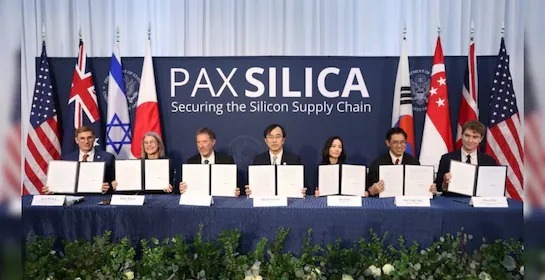L.N. Mittal, J.@mdashBy filing this revision petition under Article 227 of the Constitution of India, defendants have assailed order dated 01.08.2008 Annexure P-11 passed by the trial Court thereby allowing application Annexure P-9 filed by respondent-plaintiff for amendment of plaint, subject to payment of Rs. 1,000/- as costs. Plaintiff has filed suit against the three defendants vide plaint Annexure P-5 alleging that all the three defendants executed agreement to sell dated 04.06.2004 (04.06.2003?). In written statement Annexure P-6, defendants alleged that the impugned agreement was initially executed by Surinder Singh-defendant no. 2 only and was later on signed by defendant no. 1-Nirmal Kaur and it was never signed by defendant no. 3-Balbir Singh.
2. The plaintiff in amendment application Annexure P-9 alleged that if identity of defendant no. 3 as executant of the agreement is not established and if somebody else impersonated as defendant no. 3 while executing the agreement, then the plaintiff is entitled to specific performance of the agreement regarding 2/3rd share of defendants no. 1 and 2 who have admitted the execution of the agreement. Amendment of plaint to this effect with consequential amendment in the prayer clause of the plaint has been sought by the plaintiff.
3. Defendants by filing reply Annexure P-10 opposed the amendment application. It was pleaded that the proposed amendment would result in de novo trial of the suit and amendment has been sought at late stage.
4. Learned trial Court vide impugned order Annexure P-11 has allowed the proposed amendment, subject to payment of costs. Feeling aggrieved, defendants have filed this revision petition to challenge the said order.
5. I have heard counsel for the parties and perused the case file.
6. Counsel for the petitioners contended that amendment of plaint was sought long after commencement of trial and even after conclusion of plaintiff''s evidence and therefore, proposed amendment of plaint could not have been allowed.
7. I have carefully considered the aforesaid contention which cannot be accepted in the peculiar facts and circumstances of the instant case. According to proviso to Order 6 Rule 17 of the Code of Civil Procedure, amendment of pleading cannot be allowed after commencement of trial unless the party seeking amendment could not have raised the matter before commencement of trial in spite of due diligence. In the instant case, the stand of the plaintiff is that the impugned agreement on behalf of defendant no. 3 might have been signed by somebody else by impersonation and the plaintiff was not aware of it and therefore, when this fact came in evidence, proposed amendment has been sought. In these circumstances, it may be said that the plaintiff could not have sought the proposed amendment of plaint before commencement of trial in spite of due diligence. Consequently, amendment has been rightly allowed by the trial Court on payment of costs.
8. The matter may also be examined from another angle. Even if proposed amendment of plaint is not allowed and if the plaintiff succeeds in proving that the agreement was executed by defendants no. 1 and 2 only and not by defendant no. 3, even then appropriate relief has to be granted by the trial Court in accordance with law. For the reasons aforesaid, I find no perversity, illegality or jurisdictional error in impugned order passed by the trial Court so as to call for interference by this Court in exercise of power of superintendence under Article 227 of the Constitution of India. The revision petition lacks any merit and is accordingly dismissed. However, nothing observed hereinbefore shall have any bearing on criminal proceedings, if any, relating to the impugned agreement.

